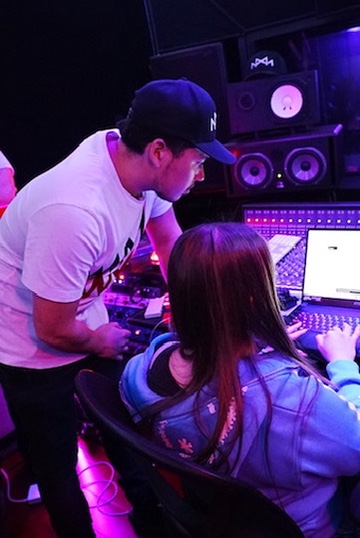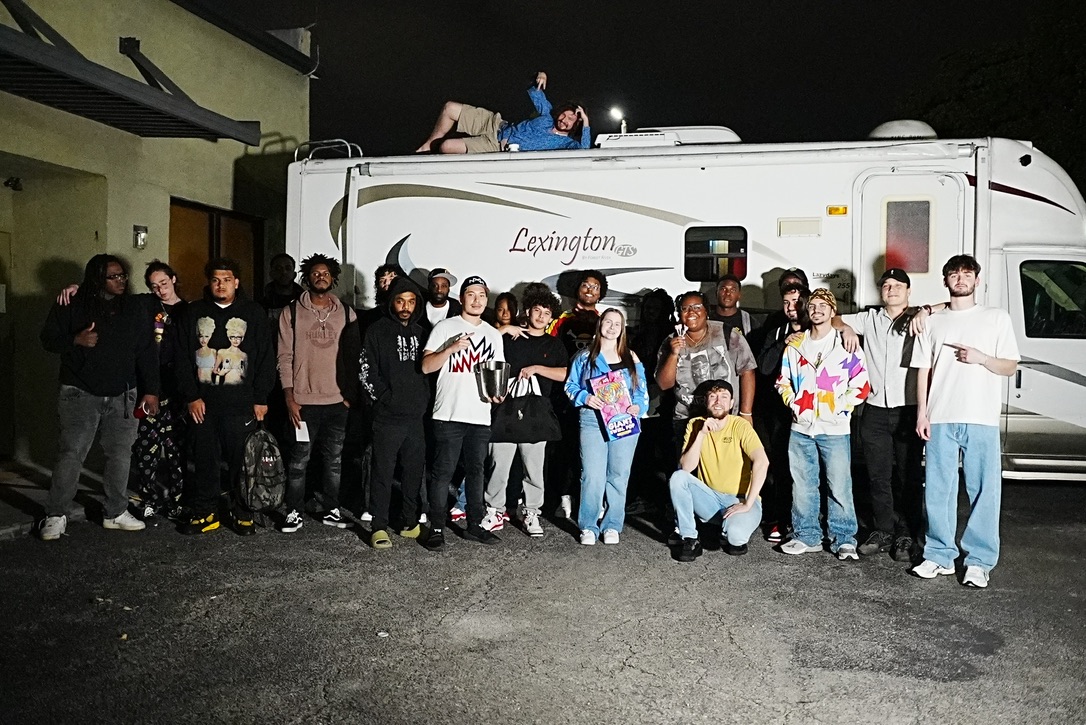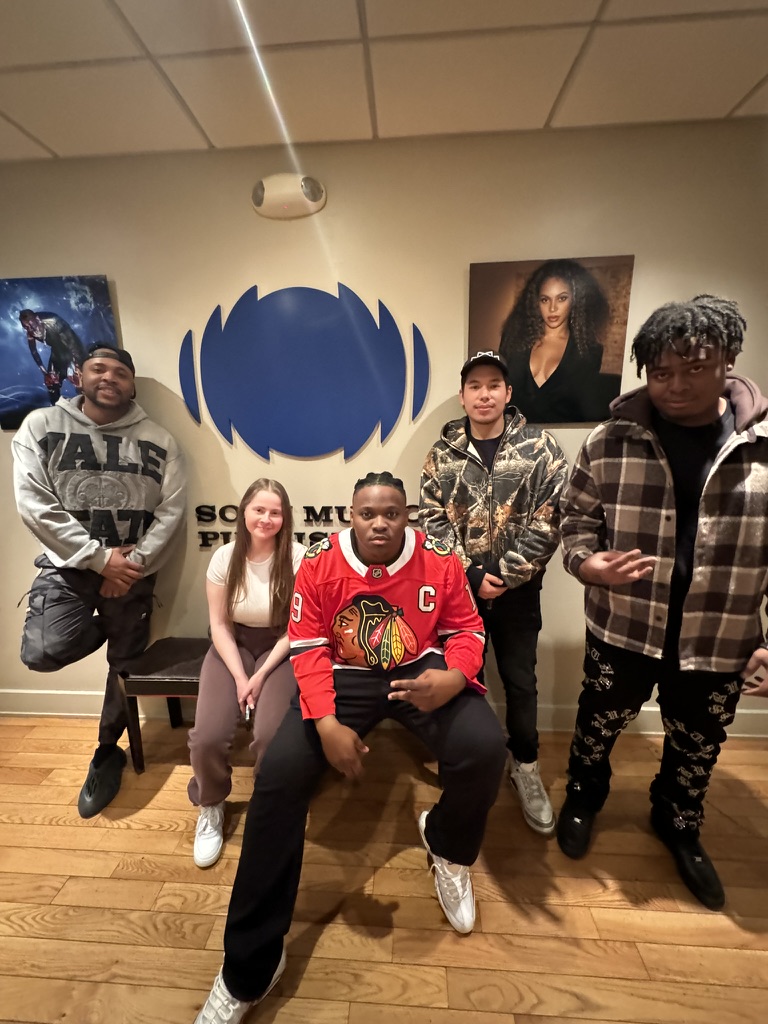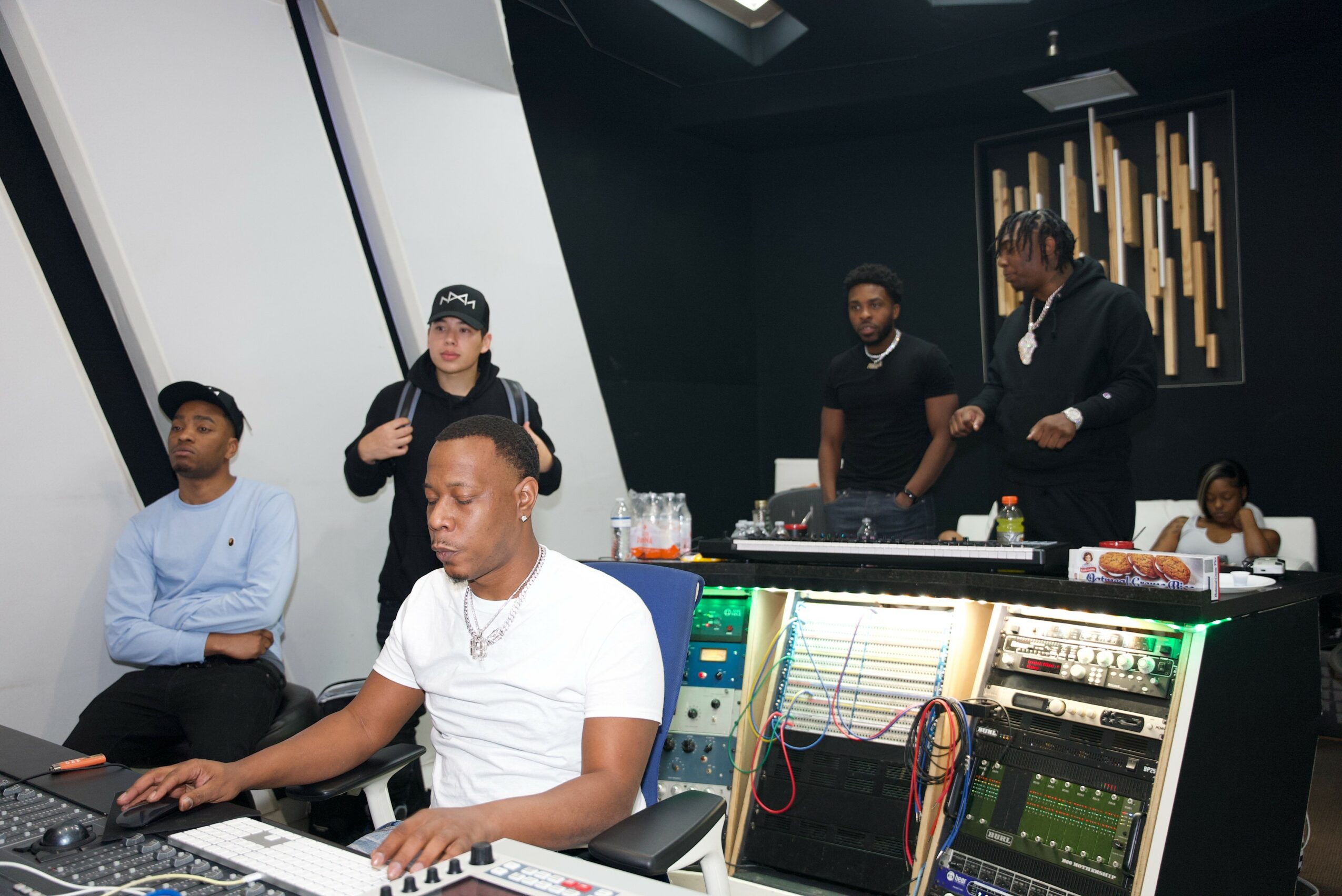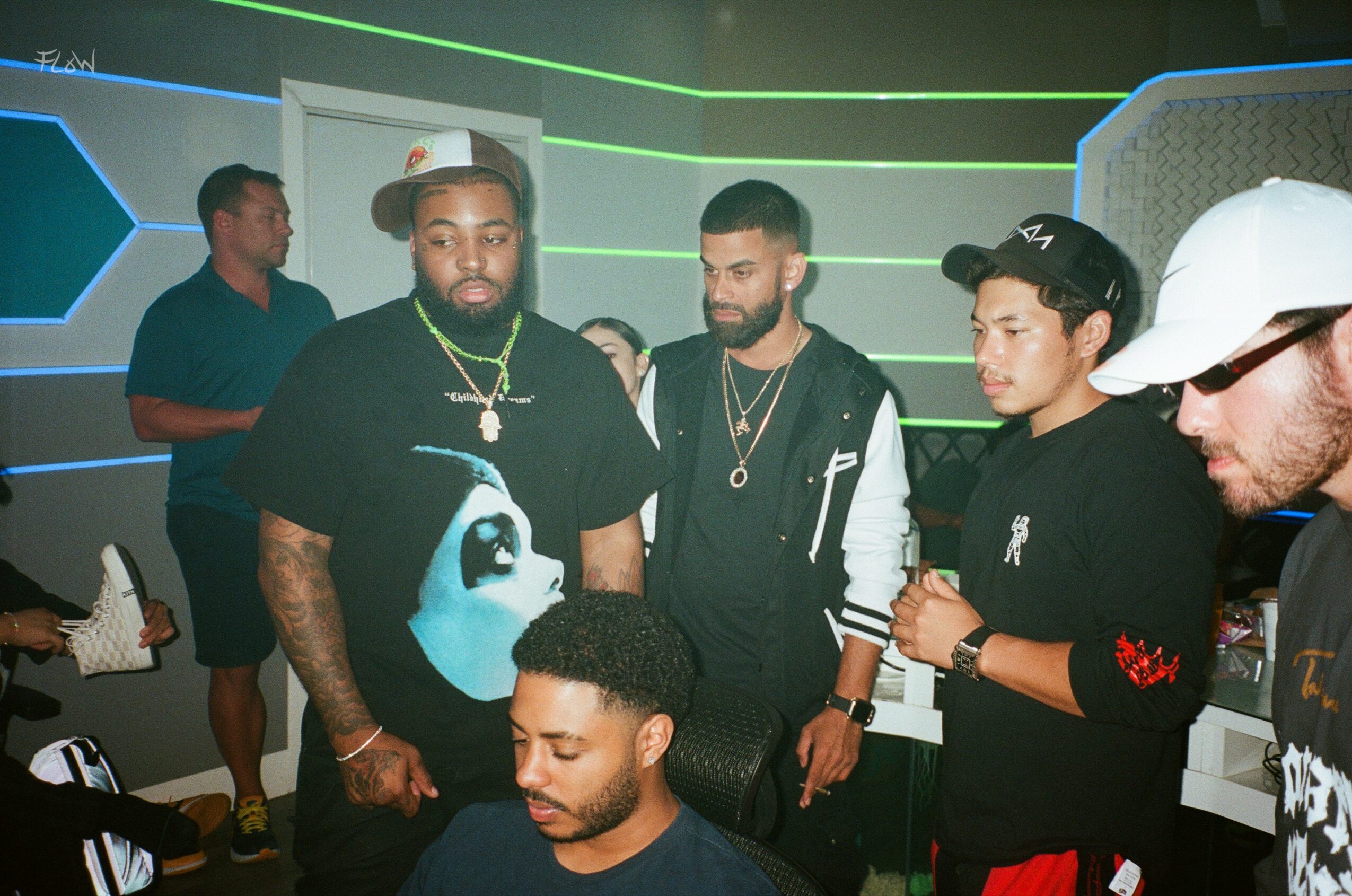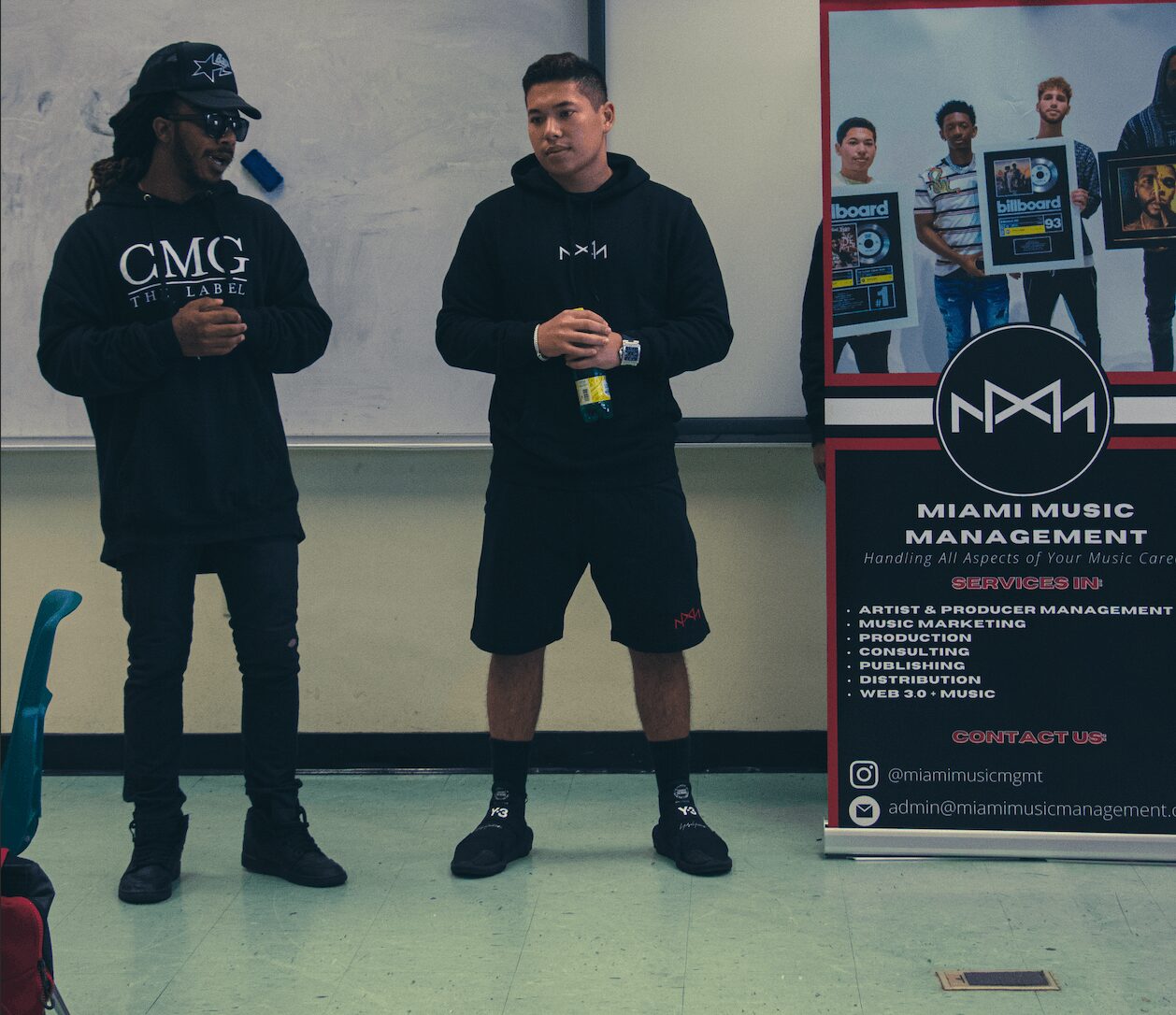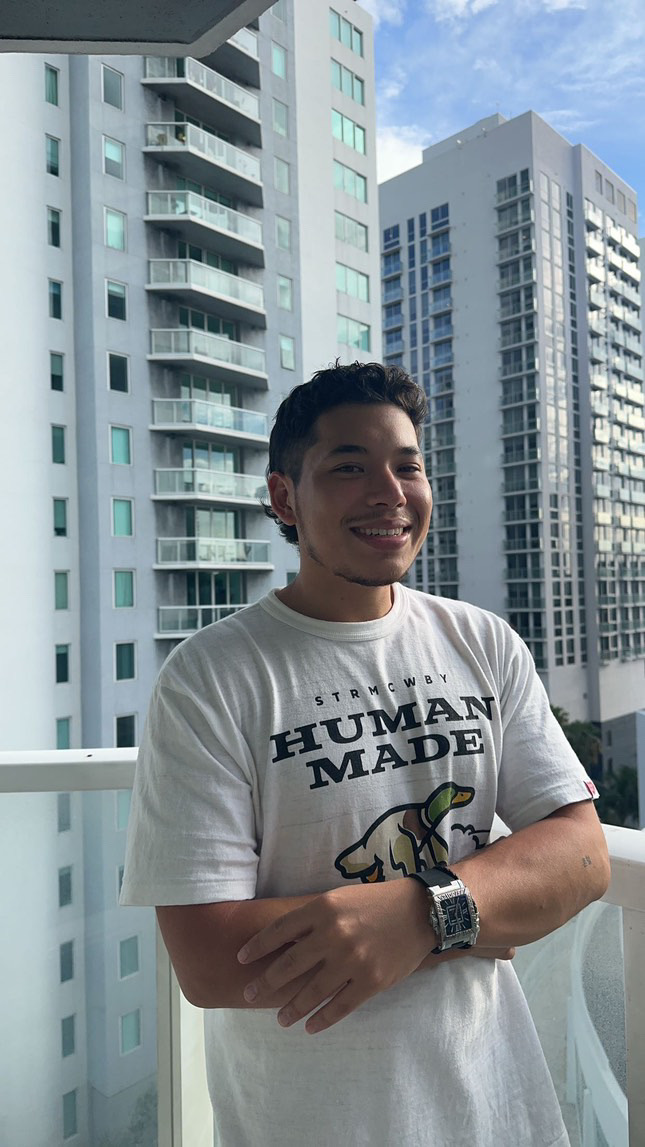

Michael Berg shared their story and experiences with us recently and you can find our conversation below.
Hi Michael, thank you so much for joining us today. We’re thrilled to learn more about your journey, values and what you are currently working on. Let’s start with an ice breaker: What do you think is misunderstood about your business?
One of the biggest misunderstandings within the music industry is how the back-end royalties work and how to properly collect them. There are many different societies and organizations that you must be affiliated with to ensure you are collecting all over the different royalties: in many cases only one or two of these income streams are being properly collected.
Producers and songwriters often overlook the importance and building their back catalog as an asset for themselves and proper paperwork may be an afterthought for many. In reality, it’s the backbone of a producer or songwriters’s financial freedom. Most people don’t realize how much money is left uncollected simply because no one is tracking the details. We commonly find producers and artist with five or even six-figures of uncollected royalties!
My work isn’t just about managing songs — it’s about protecting ownership, maximizing royalties, and making sure creators get the credit and compensation they deserve.
Can you briefly introduce yourself and share what makes you or your brand unique?
My name is Mike Berg, and I’m the founder of Miami Music Management (MMM) — a full-scale administration company with a specific focus dedicated to empowering music producers.
What makes us unique is our focus on the behind-the-scenes side of music: management, publishing administration, catalog growth, and royalty protection. We make sure producers not only get their placements but also keep ownership, collect their fair share, and build long-term wealth from their work.
Beyond business, MMM is about trust and education — giving creatives the knowledge and systems they need to take control of their careers. Right now, we’re expanding into catalog acquisitions + advances, building out a full administrative service arm, and hosting creative camps that connect producers with major artists and labels. Our mission is simple: to change how producers are valued in the industry, and to leave a legacy where ownership and opportunity are the standard, not the exception.
Appreciate your sharing that. Let’s talk about your life, growing up and some of topics and learnings around that. What’s a moment that really shaped how you see the world?
A turning point for me was once I graduated from the University of Miami in 2020. Choosing between a prestigious 9-to-5 and going all-in on music was a major decision for me. Seeing how much my early clients believed in me made me realize I could make a real impact. That moment taught me it’s not just about a paycheck—it’s about solving real problems for people who need someone in their corner. At this time, I decided to go all-in on the music business and follow my true passion of helping creatives make a living off their music.
What did suffering teach you that success never could?
Struggles taught me patience and resilience. Every tough negotiation or failed deal showed me how to adapt and find better solutions. Without those challenges, I wouldn’t have learned what truly works in the long run. It’s the hard times that taught me how to build a stronger, more sustainable business for my clients. Many of the successful strategies and procedures that my company is built off of would never be here if it wasn’t for the losses I took in the process.
Alright, so if you are open to it, let’s explore some philosophical questions that touch on your values and worldview. What important truth do very few people agree with you on?
The truth is, catalog ownership is worth more than any upfront check — but most people still chase the short-term bag. Many producers and managers are too focused on maximizing their upfront producer advance or fee, and don’t pay enough attention to their back-end royalties. While it’s great to get paid an upfront sum of money, the back-catalog is where the real asset is being created: something that can provide lifelong passive income and be used to obtain future loans and advances. I’ve seen producers get paid $500 for a beat, but make over $500,000 on the back-end. I’ve also seen producers take a $5,000 fee and give up their back-end royalties for records that have generated hundreds of millions of streams.
Before we go, we’d love to hear your thoughts on some longer-run, legacy type questions. If you retired tomorrow, what would your customers miss most?
They’d miss the trust and loyalty we’ve built. In an industry full of sharks, my clients know I have their best interests at heart. They’d miss having someone who’s not just after a quick profit but truly committed to their long-term success. We treat our clients like family and it is hard to find an authentic team in this industry.
Contact Info:
- Website: https://www.miamimusicmanagment.com
- Instagram: https://www.instagram.com/miamimusicmgmt
- Linkedin: https://www.linkedin.com/in/michaelbrandtberg/
